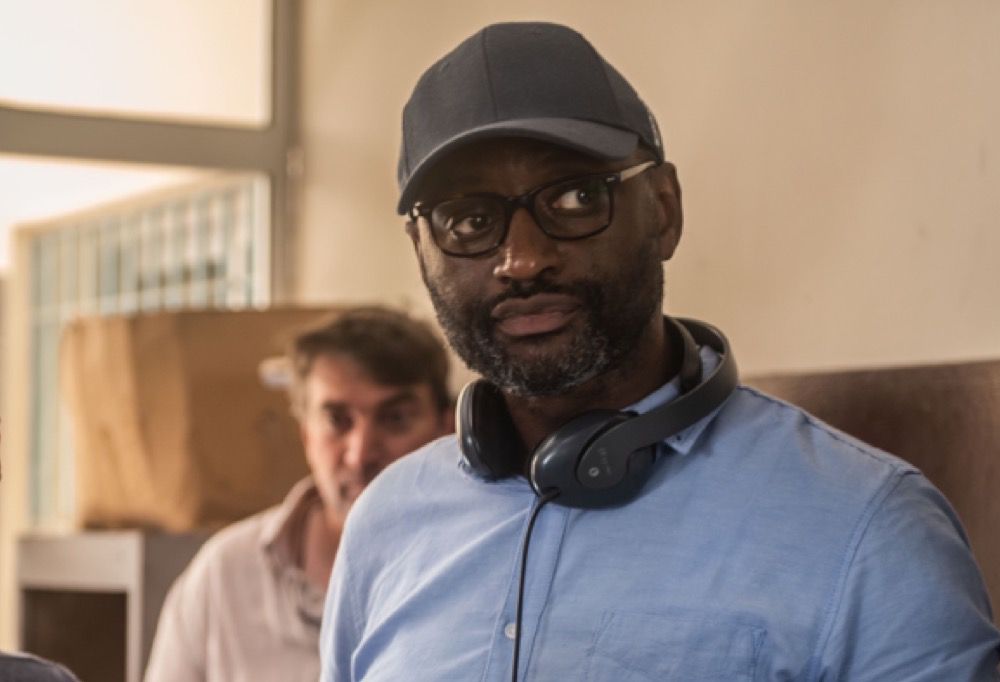OTTIS BA

BIO
Ottis Ba was born in Dakar and moved to Paris at the age of 15. He began to learn French and become passionate about theater. He attended theater school at Acting International and played Othello by Shakespeare, then he acted in A Midsummer Night’s Dream at the Théâtre national de Nice directed by Krysztof Warlikowski (disciple of Peter Brook). Ottis Ba began to venture into cinema then, first as an actor and then as a director to become a self-taught director filming a few low-budget short films. Tooth For Tooth is his first feature.
DIRECTOR’S STATEMENT
I wish to tell a story of men and women from a popular neighborhood in Dakar, a “modern” large African city. They don’t all have the same age, nor the same problems. They come from various social classes. However, they share one thing in common. Their lives are upheaved by measures taken thousands of kilometers away, light-years from their daily concerns. They must then fight to live, to survive. Dent pour Dent witnesses a time, our own, where everything is fragile. Each character is like a pixel in a photo of today’s society. All are affected at different levels by geopolitical directions that are beyond them.
History with a capital H, geopolitics, media, often neglect to address the everyday lives of men and women, of families. They prioritize causes over effects. Yet, the true upheavals caused by major political, economic, and social directions are the microseisms that spread in small waves into everyday life. The rise in cereal prices, for instance, does not immediately lead to famine. However, the subsequent increase in bread prices gradually and profoundly alters the lives of tens of millions of people. It will be moderately felt by the wealthier, put a greater strain on a large portion of the modest classes, and push the already precarious social layers to the brink.
The movie focuses on the small “effects” caused by “major” causes. It casts a tender and light look at the perverse consequences of an economic and political model in Africa. It observes through the small hole of the telescope how neocolonialism dramatically affects the social fabric; workers lose their jobs, youth lose their future prospects, migrate, children are exploited, friendships break, families disintegrate…

